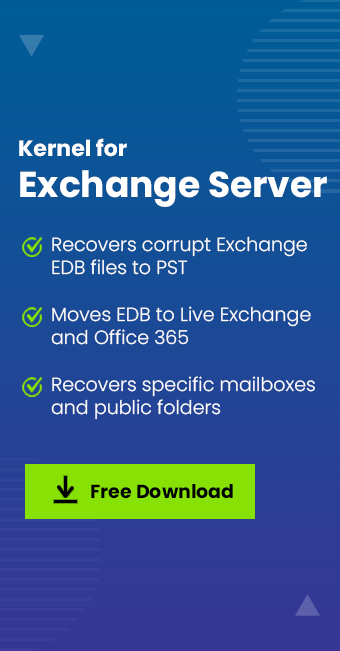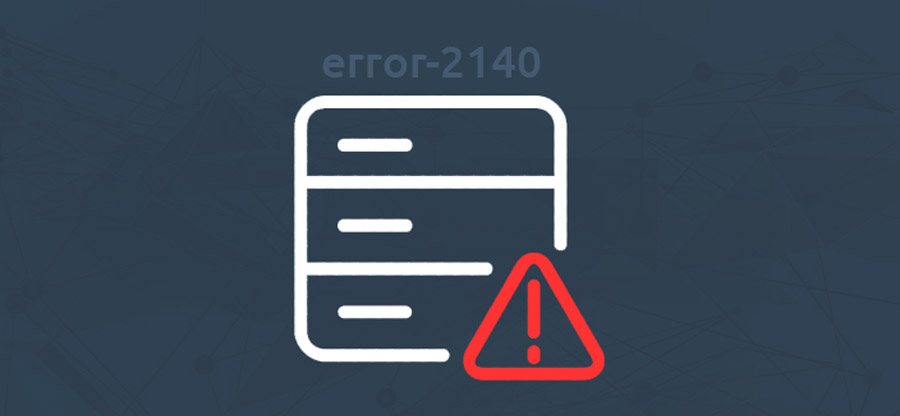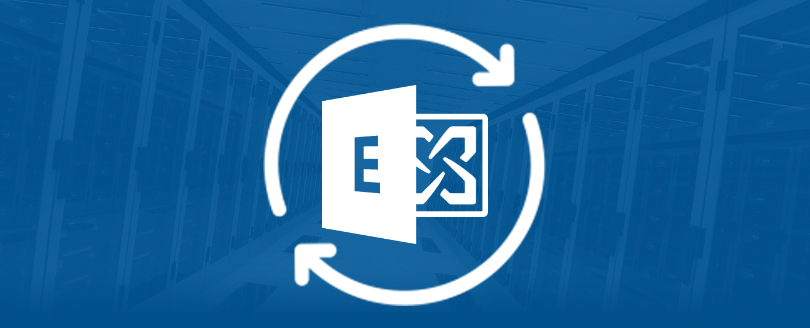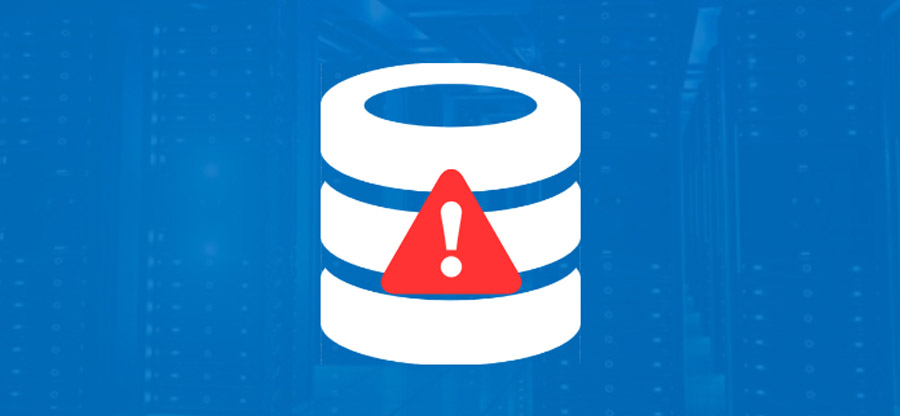Read time 4 minutes
Introduction
Usually, when corruption occurs in MS Exchange Server 2000 and MS Exchange Server 2003, the Information store is an affected component. Information store comprises of Priv1.edb, Priv1.stm, Pub1.edb, and Pub1.stm files.
- Priv1.edb contains database of files which are in-process and stores non-STMP messages
- Priv1.stm file contains Simple Mail Transfer Protocol (SMTP) mail messages, i.e. those emails are in-process and those stored on the server.
- Pub1.edb database files comprise of public folder store for non-SMTP formatted data
- Pub1.stm consists of public folder that store SMTP formatted information.
Priv1.edb contains database of files which are in-process and stores non-STMP messages. The Priv1.stm file contains Simple Mail Transfer Protocol (SMTP) mail messages, i.e. those emails are in-process and those stored on the server. Pub1.edb database files comprise of public folder store for non-SMTP formatted data and Pub1.stm consists of public folder that store SMTP formatted information.
In most cases, either the Priv1.edb file or the Pub1.edb file (both located in Program Files\Exchsrvr\Mdbdata folder) is corrupted and sometimes both .edb files are damaged.
Symptoms for Inaccessible Information Store?
When the Information Store gets corrupt, user might come across symptoms mentioned below:
- MS Exchange Information Store won’t start.
- You can’t stop the Information Store service and dependent services such as Post Office Protocol version 3 (POP3) and Internet Message Access Protocol Version 4rev1 (IMAP4).
- The Information Store stops responding and the CPU usage level remains at 100 percent.
- Clients cannot retrieve or send emails even if they stop and restart the Information Store service.
- As you try restoring the Exchange Server 2000 and Exchange Server 2003 databases from an offline backup, run Information Store Integrity Checker utility (Isinteg.exe) patch, you may receive the following error:
Error 4294966746: JET_errDatabaseInconsistent
- When you try mounting mailbox store in Exchange System Manager, you receive error message given below:
Unable to Mount the Mailbox Store with error c104173c “The Information Store is Busy”
- When you try using Exchange System Manager to try mounting the database, you may receive the following error message:
An internal processing error has occurred. Try restarting the Exchange System Manager or the Microsoft Exchange Information Store service, or both.
Exchange System Manager
Event ID: 9175
Source Exchange SA
Description: The MAPI call openmsgstore failed with the following error – network problems or the MSE server computer is down for maintenance.
How to Recover Information Store in Exchange Server?
To fix the corruption and restore the Information Store services, we will use the Eseutil tool. It’s a free command line tool that comes built-in with the Exchange and is used to repair EDB files. Let’s start the solution:
- Make sure that Information Store service is stopped prior to running the Eseutil.exe program.
- Check the consistency of the public and private databases with the following commands.
C:\Program Files\exchsrvr\BIN>eseutil /mh
“drive:\Program Files\exchsrvr\MDBDATA\priv1.edb”
C:\Program Files\exchsrvr\BIN>eseutil /mh
“drive:\Program Files\exchsrvr\MDBDATA\pub1.edb”Note:In case an upgrade is done, the database files may be located in the C:\Exchsrvr\Mdbdata folder. If the databases have been optimized, database may be located on another drive.
- If the database is inconsistent and the eseutil/ r command does not return it in consistent state, then try the following process:
Run the following commands:
To bring the Priv1.edb file back into a consistent state:C:\Program Files\exchsrvr\MDBDATA>”C:\Program Files\exchsrvr\BIN\eseutil” /p priv1.edbTo bring Pub1.edb file back into a consistent state:
C:\Program Files\exchsrvr\MDBDATA>”C:\Program Files\exchsrvr\BIN\eseutil” /p pub1.edbClick Yes to run the repair when the utility shows Scanning status of database integrity. When the process completes, the program displays the following message:
Integrity check successful - Delete all .log files in the Mdbdata folder, delete the .chk file and then delete the Temp.edb file (if it exists).
- Mount the database once and then immediately dismount them so that users cannot access them during this procedure.
- Halt the Information Store service and run a de-fragmentation of the private and public store databases. Moreover, you must run this step if you are low on disk space. To do so, run the following commands
- To defragment Priv1.edb:
- C:\Program Files\exchsrvr\BIN>eseutil /d
- C:\Program Files\exchsrvr\MDBDATA\priv1.edb
- To defragment Pub1.edb:
- C:\Program Files\exchsrvr\BIN>eseutil /d
- C:\Program Files\exchsrvr\MDBDATA\pub1.edb
- To defragment Priv1.edb:
- Use Isinteg.exe to fix the Pub1.edb database and Priv1.edb database. Isinteg.exe utility runs test on all areas of each of the databases and reports the results. Isinteg.exe tries to fix issues that are encountered. Execute the following command to repair priv.edb file:
Drive: \exchsrvr\bin>isinteg -pri -fix -test alltests
Execute the following command to repair pub.edb file:
Drive: \exchsrvr\bin>isinteg -pub -fix -test alltestsOn executing the preceding commands, you receive a report, which displays total number of warnings, errors, and fixes. Repeat the 8th step until there is no warning, error, or fixes.
- Start the information store and if it starts successfully go to the next step otherwise restore the priv.edb and pub.edb by executing the following command:
Drive: \exchsrvr\bin>isinteg patch
- Restart the information store.
However, if executing the steps mentioned above does not brings back your data into consistent state and information starts successfully then you need to repair the priv.edb and pub.edb files using Kernel for Exchange Server software. Its an efficient and result oriented Exchange Recovery software which is designed to repair .edb files and recover multiple mailboxes from them. EDB to PST converter saves the recovered mailboxes to PST and EDB files.
Conclusion
Using the steps discussed in this blog, you can easily restore Information Store on Exchange Server 2000 or 2003. However, if executing the steps mentioned above does not bring back your data into a consistent state, then you must repair the priv.edb and pub.edb files using Exchange recovery tool like Kernel for Exchange Server software.
It’s an efficient and result-oriented software that is designed to repair corruption in Exchange .edb files and easily recover multiple mailboxes from them. The tool also works as an EDB to PST converter and allows saving the recovered mailboxes to PST files.
Frequently Asked Questions
Ans. The main reason behind the issue is corruption in the EDB files. Virus attacks, improper server shutdowns, human error, and other reasons can make your database file inconsistent and damage it.
Ans. You can use the free utility called Eseutil to find and resolve minor issues within the EDB file. However, for a severely damaged database file, you must use an Exchange recovery tool. Choose a recovery tool that can migrate EDB to Live Exchange to save you time by eliminating the need to mount the database yourself.
Ans. You can use the Exchange Admin Center or the Exchange Management Shell to move your mailboxes from the On-premises environment to the Exchange Online. However, moving multiple mailboxes will be time-consuming. To migrate Exchange EDB to Office 365 quickly, you must use a specialized third-party tool.







